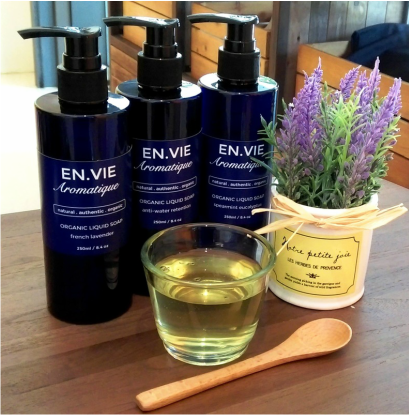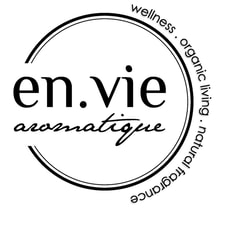
What's Castile Soap?
Castile soap is one of the oldest soaps known in the world. Similar to Savon de Marseille (or the Marseille soap), it is an all-natural, vegan and biodegradable soap famed for its astounding multi-purposes. This is hardly a surprise since hand wash, detergents and fancy cleansers have only been around since the advent of modern manufacturing processes and the surge in petrochemical use.
The origin of Castile soap also lies in the geography. It is a region in Spain renowned for its olive oil and authentic castile bar soap was traditionally handmade with just olive oil. Today, liquid and bar soap are made with all types of vegetable oils such as palm, coconut, safflower, hemp, jojoba, olive etc. The term castile is now used loosely, and often include detergents or ingredients that is used to enhance the physical appearance and texture of both liquid and bar soap.
So... What's Great About Pure Castile Soap?
Real castile soap made with olive oil is gentle on the skin and environment because it is free of artificial foaming ingredients, harsh chemicals and deconstructed fatty acids from vegetable oils or fats, parabens and synthetically manufactured anti-bacterial agents .
If you'd had previously used or purchased a mass market castile soap, you will notice a mix of vegetable oil and artificial agents used in the ingredient list. Some of you would have experienced dry, tight skin after showering. Sensitive and delicate skin should refrain from using liquid soap that contains hard oils. Each vegetable oil contains a percentage of fats that will not be converted into soap. Commercial soap-makers use oils with higher percentage of converted fats to make soap in order to yield more bubbles and a higher volume of produce.
I risk sounding like an old cracked record here - but please peruse your ingredient list carefully wherever you are, and just because a product is organic doesn't mean it's more natural as well. If you would not eat processed food laden with preservatives and flavouring agents, why would you use chemically enhanced products created with the profits-driven-mass-manufacturing-principles on your skin and body?!

 RSS Feed
RSS Feed
